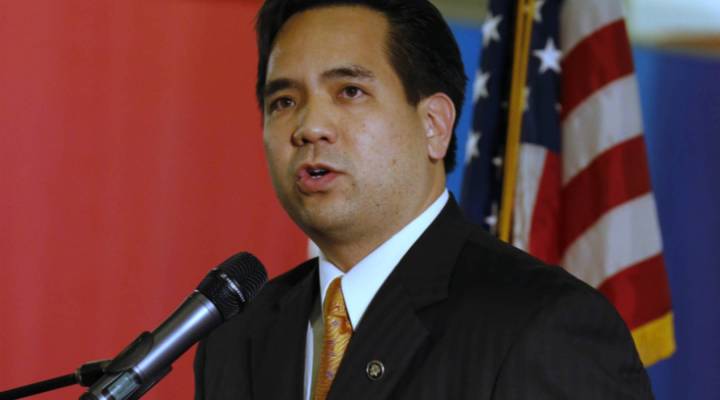
Utah introduces white-collar crime registry

Utah has launched an online-offender registry that’s being called the first of its kind in the nation. Unlike other registries, this one targets white-collar criminals.
Utah’s “White Collar Crime Offender Registry” contains mugshots, names, birthdates and aliases for people convicted of crimes like fraud, theft by deception and money laundering. Utah Attorney General Sean Reyes says the purpose is to help consumers avoid financial predators.
“This is public information already,” said Reyes, “but it’s very difficult for the average person to access. So we’re really just streamlining that process and making it user-friendly.”
In order for someone convicted of a serious white-collar crime to get off of the list — or avoid being put on it in the first place — they must pay restitution to their victims. Getting restitution payments is a challenge for lawmakers all over the country.
But some complain the registry continues punishing, even after offenders serve their time.
Sam Buell, a professor of law at Duke University, said this kind of registry is unusual for a reason.
“It’s not really the way we traditionally punish people in our society,” he said. “We punish them with fines and prison sentences and probation. We don’t punish them with public shaming.”
Buell isn’t convinced this kind of registry will be effective at deterring white-collar crime, pointing to the mixed results from the sex offender registry program.
But as far as Utah lawmakers are concerned, if it makes more people provide restitution to the victims, the registry is a success.
Utah Senator Curtis Bramble sponsored legislation pertaining to the registry in the state legislature.
“There’s a balancing act here,” he said, “between protecting the individual in terms of being able to pay their debt to society and move on, versus protecting the unsuspecting general public from the predator.”
There’s a lot happening in the world. Through it all, Marketplace is here for you.
You rely on Marketplace to break down the world’s events and tell you how it affects you in a fact-based, approachable way. We rely on your financial support to keep making that possible.
Your donation today powers the independent journalism that you rely on. For just $5/month, you can help sustain Marketplace so we can keep reporting on the things that matter to you.












